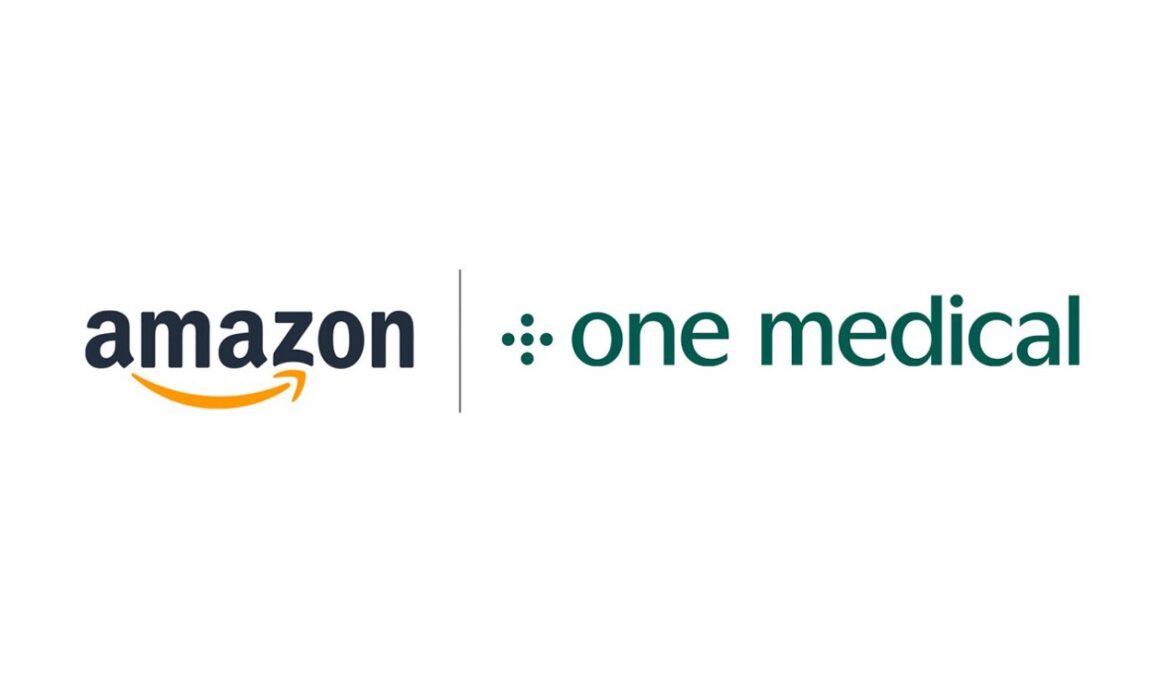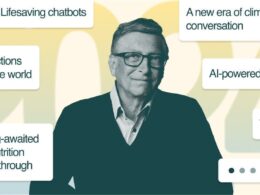Jim Fields
July 22, 2022
This site version was edited by:
Joaquim Cardoso MSc.
the health transformation — research and advisory institute
Digital and Primary Care Unit
July 22, 2022
Amazon on Thursday announced its biggest bet on healthcare yet, saying it would acquire One Medical, a subscription-based primary care network, for $3.9 billion, one of the largest deals in its history.
What does it mean for the industry?
OW Partner Jim Fields shares his insights on the near- and long-term game and what this means for consumers, employers, incumbents, and more.
OW Health: What impact will this deal have on the industry in the near-term and long-term?
Jim Fields: We may see very little impact in the near-term but in the long-term, the deal better positions Amazon to deliver an improved and more connected model of care for consumers.
It is amassing the pieces to be relevant in the consumer, employer, and Medicare markets.
One Medical is a better model of care for consumers — hyper-convenient access to my doctor, care on my terms, and a much lighter-weight model for consumers to engage in care.
We may see very little impact in the near-term …
… but in the long-term, the deal better positions Amazon to deliver an improved and more connected model of care for consumers.
It is amassing the pieces to be relevant in the consumer, employer, and Medicare markets.
This is what Amazon does and what it’s good at.
It has disrupted industries by eliminating consumer frustrations with legacy businesses and giving consumers what they want — always on, hyper-convenient, and smart enough to suggest things using its consumer-preference data.
This is what Amazon does and what it’s good at.
It has disrupted industries by eliminating consumer frustrations with legacy businesses and giving consumers what they want — always on, hyper-convenient, and smart enough to suggest things using its consumer-preference data.
The game-changer may be Amazon’s ability to gain and keep consumer trust and permission because it offers things that are relevant, valued, and hyper-convenient.
These are things the current healthcare system doesn’t do well.
Amazon has leveraged trust and relevance to disrupt several industries — and the One Medical model gives them the ability to do this in healthcare.
OW Health: How might consumers feel about this deal down the road?
Jim Fields: For consumers, this allows Amazon to blend the “my primary care doctor” relationship with
- healthcare information and apps that offer suggestions and recommendations for your health activities,
- deliver your drugs in a more convenient way (through PillPack),
- get food that meets your preferences and your health needs (via Whole Foods and Amazon Fresh), and
- have it all connect back with your primary care doctor, who can help you make the right decisions for you.
For consumers, this allows Amazon to blend the “my primary care doctor” relationship with … [the health ecosystem]
OW Health: How might employers be impacted?
Jim Fields: Employers are looking for more convenient care for their employees, and better health for their employees, at a lower cost.
This enables them to work with Amazon to access One Medical as their employer clinics, get their drugs from PillPack with a better model of prescription drug management, with better data and analytics on what is working and what is not.
This deal gives Amazon the ability to have a relevant story to approach employers who are looking to shape a different and better healthcare journey for their employees.
Employers are looking for more convenient care for their employees, and better health for their employees, at a lower cost.
OW Health: Lastly, how might the deal impact incumbent providers?
Jim Fields: This may feel threatening to incumbent providers because, in this deal, Amazon is looking to redefine consumer expectations of care.
If Amazon’s bet pays off, it will require incumbents to invest significantly and redesign their delivery models to keep up with higher consumer expectations created by the One Medical / Amazon model.
For incumbent providers, it’s like converting a large assembly line into a small job shop or even a 3D printer version of delivering on-demand, highly relevant, ultra-convenient care.
If Amazon’s bet pays off, it will require incumbents to invest significantly and redesign their delivery models to keep up with higher consumer expectations created by the One Medical / Amazon model.
Originally published at https://health.oliverwyman.com.













